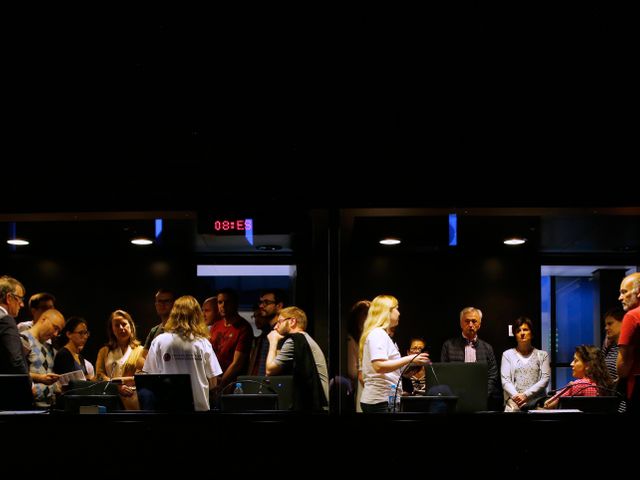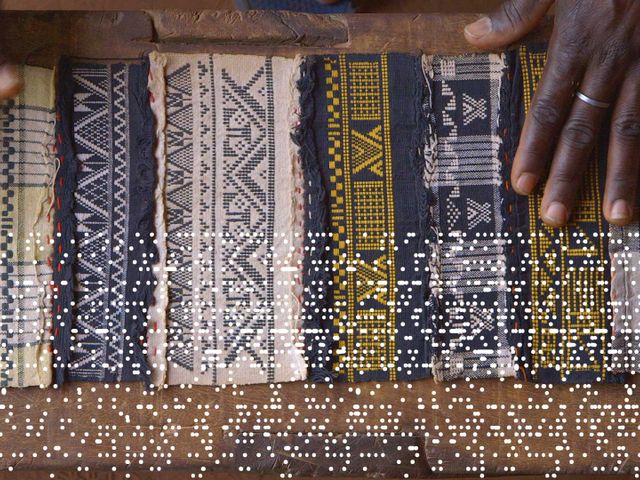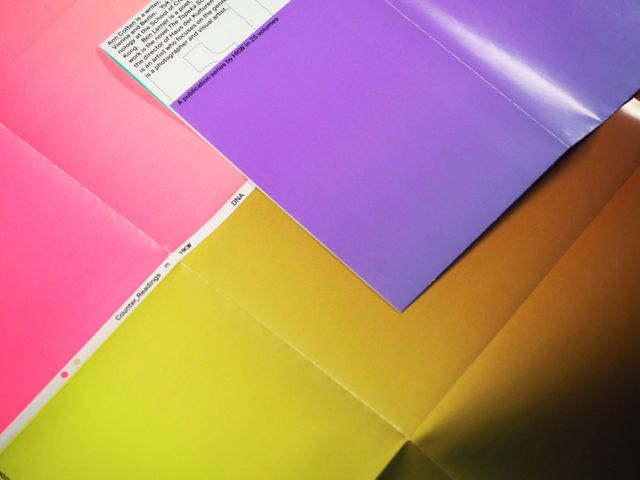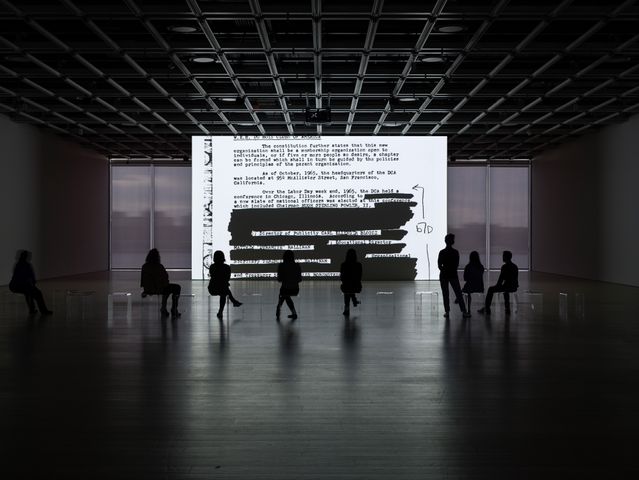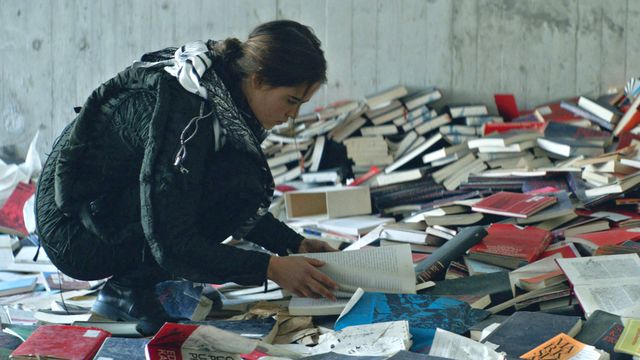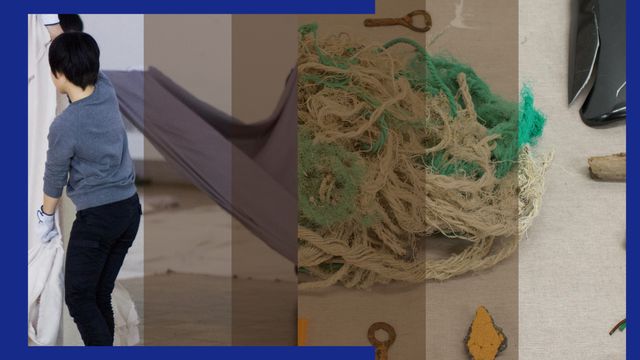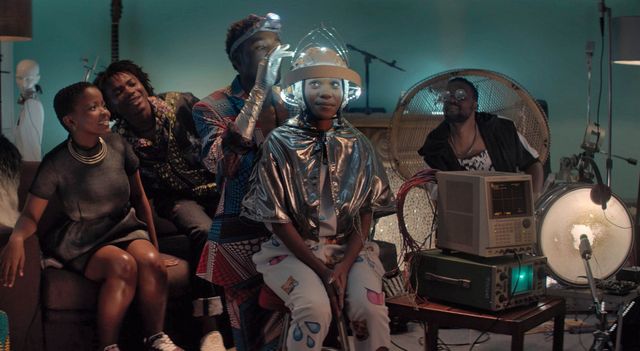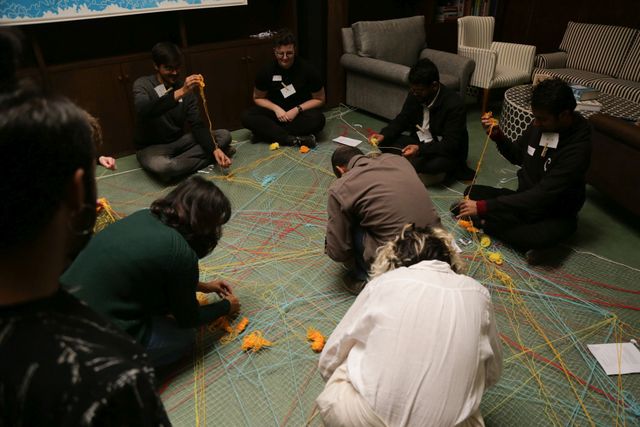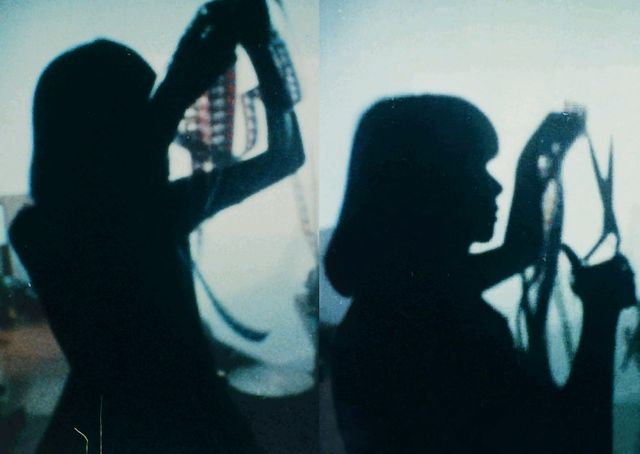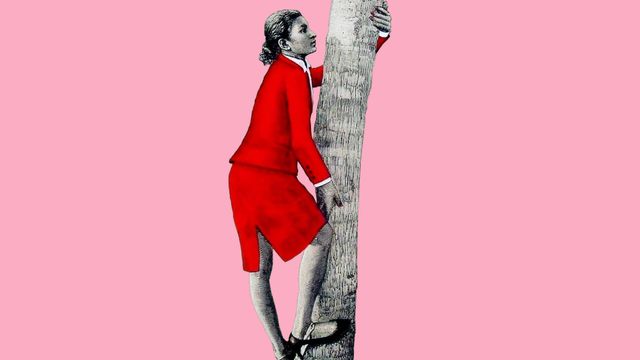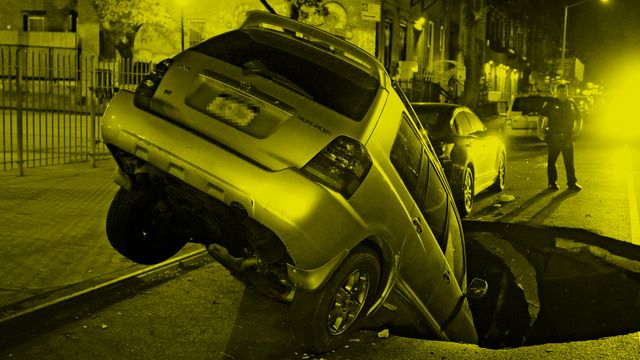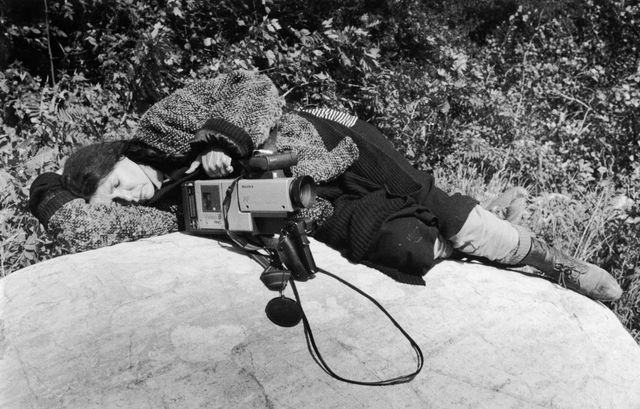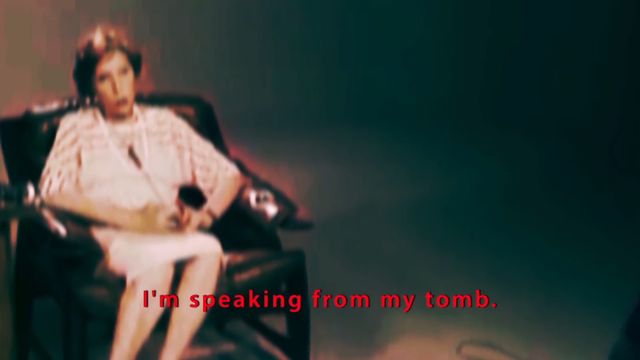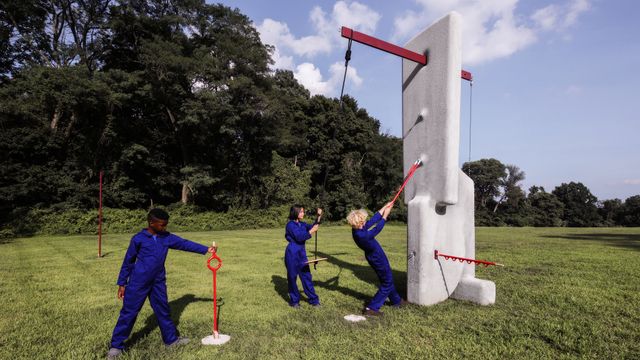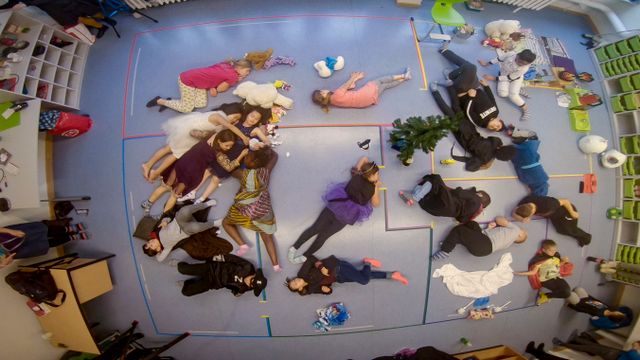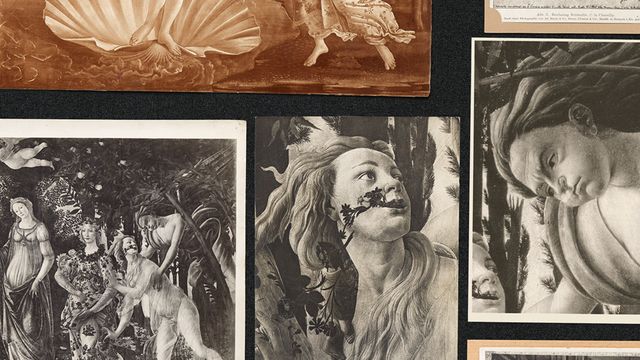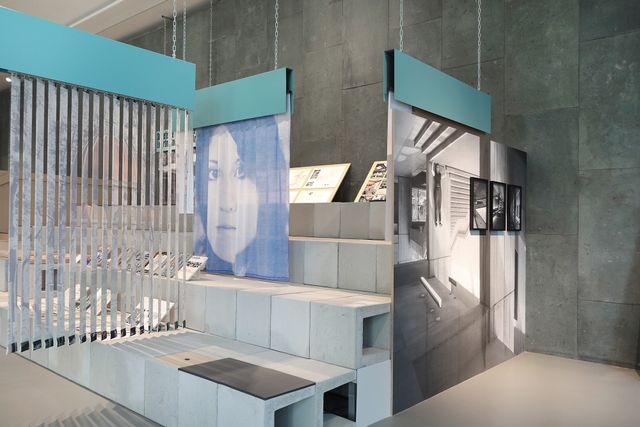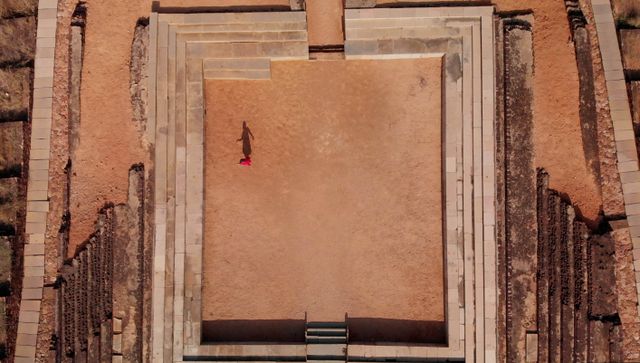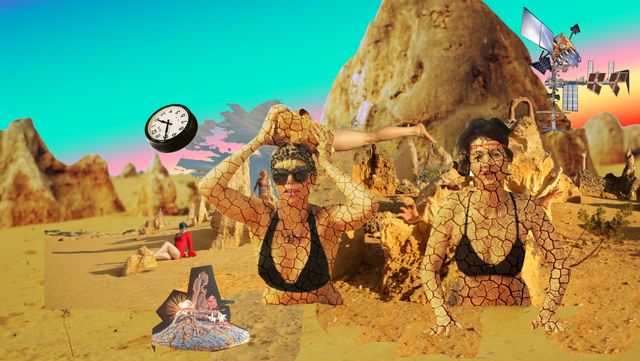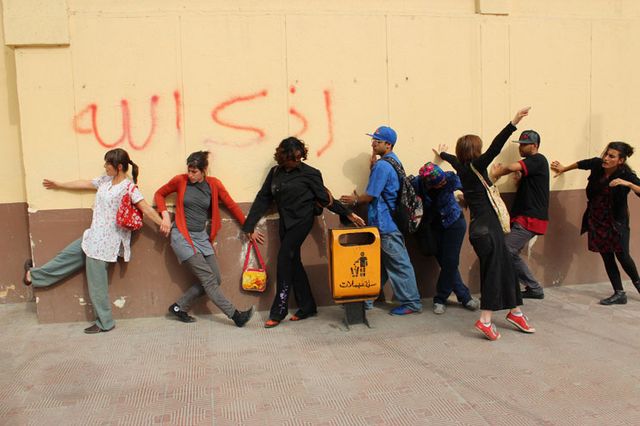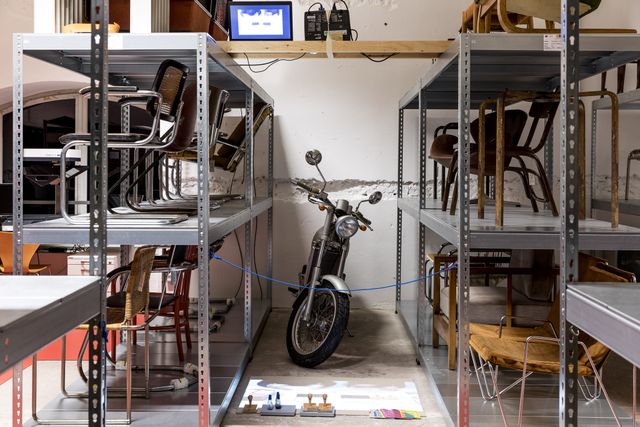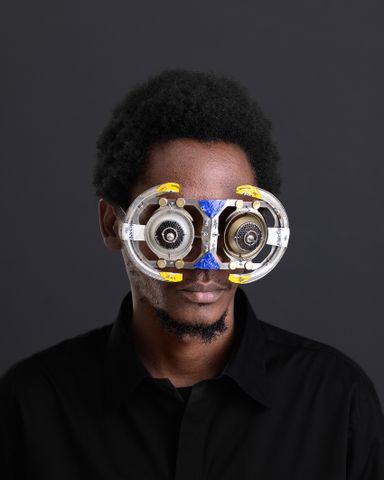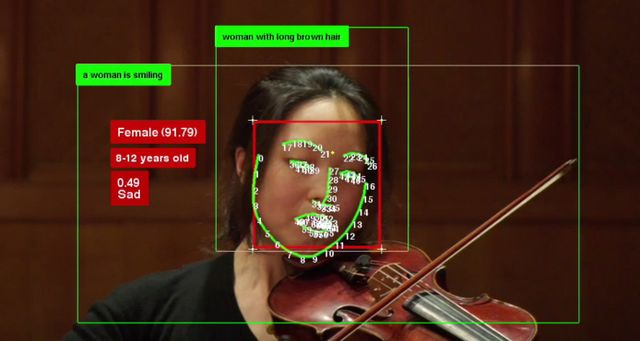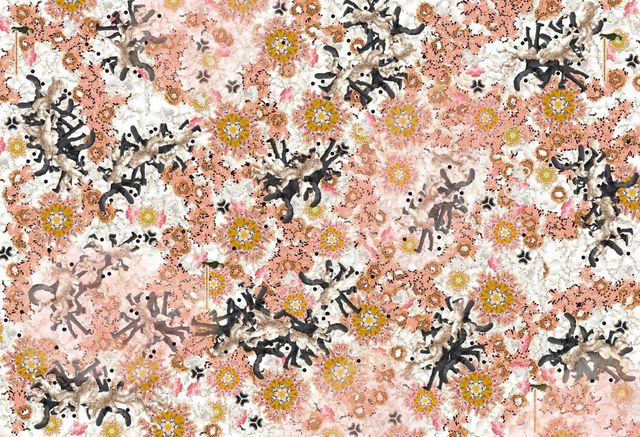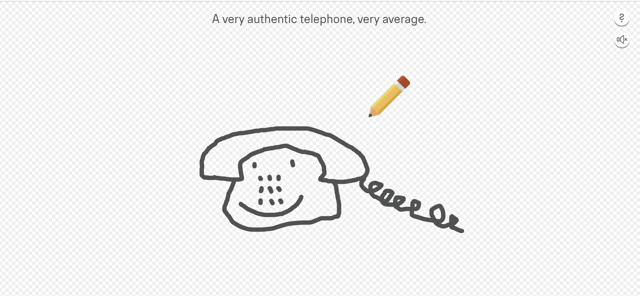2019–2022
The New Alphabet
Is it possible to imagine an overabundance of multifarious fields of languages, knowledge production, and learning practices beyond one universal matrix? Can common reference points and collective action be enabled without monopolistic force? How can knowledge be both situated and globally relevant?
Alphabets are specific kinds of phonographic sign systems built on a finite number of discrete symbols. The letters of an alphabet can be combined, creating seemingly endless possibilities for semantic and operational codings. As a universalistic matrix, subsuming any linguistic expression into one abstract system, alphabets are also imperialist infrastructures. Are algorithms, the binary code, and the information stored in DNA the alphabets of today? And what potential ways are there for re-coding such textual infrastructures?
HKW’s long-term project The New Alphabet is intended both as a diagnosis and a provocation: vernacular, opaque, or marginalized ways of knowing are increasingly subsumed into abstract universalizing structures. What strategies of resistance against such processes of forced alphabetization exist or could be developed? And which role do artistic methods of appropriation and creolization play in this context?
